CAFI highlights project gains

SHARE THIS PAGE!
The Ministry of Trade, Industry and Business Development through the Competitiveness and Financial Inclusion (CAFI) project this week held a media workshop to provide a comprehensive overview of the progress of the project since its inception in 2022. The World Bank supported project is designed around three core components, which are strategically aligned to support the Government of Lesotho’s ongoing efforts to foster a more vibrant and inclusive private sector. These components are;
-Business Environment
-Entrepreneurship and MSME development and;
-Export sector value chains: in NSDP and the project addresses horticulture/agriculture and textile and garment value chain
The workshop highlighted the project’s contributions toward sustainable economic growth, private sector development, and strengthened public-private collaboration in Lesotho
The managing director of CAFI, Chaba Mokuku, says the media has a crucial role to play in supporting their efforts to fight poverty as the organisation accelerates the implementation of government policies.
“We are simply just a catalyst,” Mokuku said.
He told theReporter’s Neo Kolane in an interview that CAFI has scored some significant progress in attaining its goals since it was founded, making a profound impact by transforming entrepreneurs in Lesotho. The organisation works with various government ministries and departments including Agriculture, Foreign Affairs, Health, Police, Revenue Services Lesotho, Maseru City Council and the Land Administration Authority.
Since its inception in 2022, what have been the major milestones and achievements of the CAFI project?
The Lesotho Entrepreneurship Hub and Seed Financing Facility (LEHSFF) is fully functional, supporting MSME incubation and mentorship.
- 27 Enterprise Support Organisations (ESOs) have been capacitated to incubate high-growth potential enterprises.
- 150 enterprises incubated: 92 women-led and 111 youth-led resulting in the creation of over 1,200 jobs.
- 138 enterprises received matching grants, facilitating equipment procurement and creating 2,417 jobs.
A horticultural incubation and training centre has been established, alongside seven commercial deciduous fruit farms and the planting of 66,500 tree seedlings.
Revitalisation of the textiles and apparel sector is underway, with firms receiving support to attain Worldwide Responsible Accredited Production (WRAP) certification in line with international social, labour, and environmental standards required by global buyers.
What measurable impact has the project had on economic growth and financial inclusion so far?
The CAFI project is boosting Lesotho’s economic growth and financial inclusion by empowering MSMEs through tailored financing, entrepreneurial support, and capacity-building initiatives. This is done through different CAFI programmes like Entrepreneurship Hub, Horticulture Incubation Centre and Lesotho Enterprise Assistance Programme (LEAP)
By enhancing competitiveness and access to finance especially for women-led businesses; CAFI promotes job creation, diversification, and inclusive development.
Are there any success stories or standout examples of how CAFI has transformed lives?
The CAFI project has made a profound impact in Lesotho by transforming entrepreneurs like Rapitso Mosebetsi, founder of Iconics Clothing. With CAFI’s support through mentoring and incubation, his business has grown from a start-up into a scalable enterprise creating jobs, expanding production capacity, and inspiring youth entrepreneurship.
Since incubation, Iconics Clothing has increased its equipment base from five to 13 units and now employs 10 permanent and four temporary staff.
The company has also diversified its product offerings, evolving from protective wear and thermal heating apparels to include smart cooling apparels and the newly launched heritage-inspired Motjoli T-shirt Collection.
How has CAFI improved access to finance for small and medium enterprises (SMEs) in Lesotho?
CAFI has enhanced access to finance for SMEs in the country by providing matching grants, seed funding, and customised financial solutions, primarily through the LEAP programme and the Entrepreneurship Hub.
LEAP supports enterprises by covering up to 80 percent of eligible costs and 75 percent for associations, enabling investments in equipment, marketing, and business growth. The Entrepreneurship Hub further assists early-stage and innovative or underserved startups with seed financing and capacity-building support.
What mechanisms has CAFI put in place to strengthen collaboration between the government and private sector?
CAFI strengthens collaboration between the government and private sector in Lesotho through public-private dialogue platforms, regulatory reforms, and joint capacity-building initiatives.
What challenges have been encountered in fostering public-private partnerships, and how have they been addressed?
Challenges in fostering public-private partnerships (PPPs) in Lesotho include limited trust, regulatory gaps, and coordination issues. To address this, CAFI launched a revamped Public-Private Dialogue (PPD) platform to promote open, structured dialogue between government and private sector stakeholders. This has helped build trust and align priorities.
The introduction of the Business Licensing and Registration Law and other regulatory updates has created a more enabling environment for PPPs, reducing red tape and formalising business operations.
What are the upcoming phases of the CAFI project beyond 2025?
Beyond 2025, the CAFI project is expected to deepen support for MSMEs, expand commercial agriculture initiatives, and strengthen financial inclusion through continued incubation cycles and policy reforms.
How sustainable are the interventions once CAFI’s external funding ends (post-2028)? Is there a plan for local ownership, or revenue generating services to maintain the Entrepreneurship Hub and the Seed Financing Facility?
CAFI interventions are designed for long-term sustainability beyond the funding period. Key pillars such as local ownership, capacity-building, and revenue generation are already embedded in the scope of work for the incoming implementing partner. This partner will play a critical role in strengthening the Hub’s operational capacity and crafting a robust exit strategy. The overarching goal is to transition the Hub’s operations to the private sector, ensuring continuity, resilience, and locally driven impact well beyond the project’s lifespan.
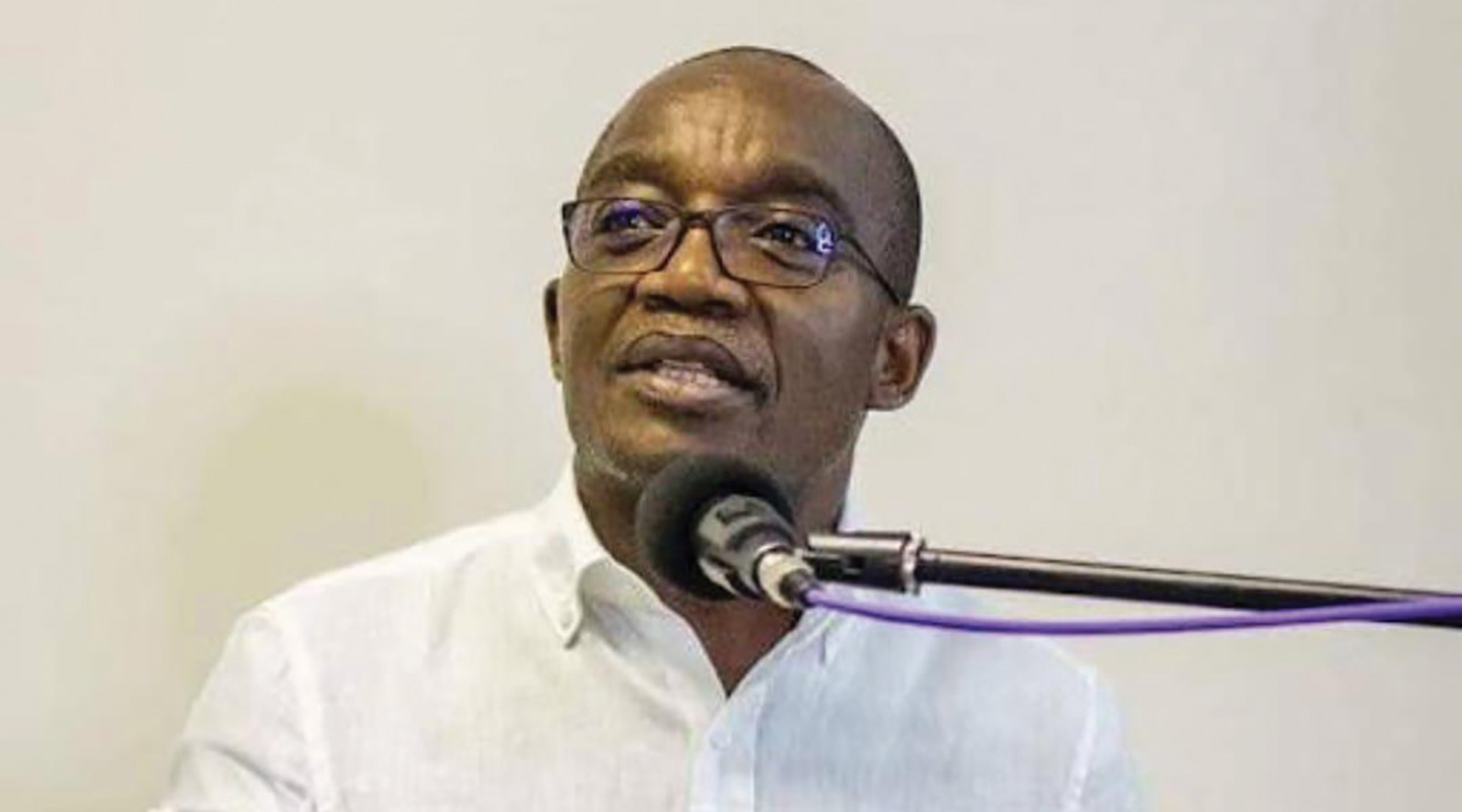
CAFI highlights project gains
7 days ago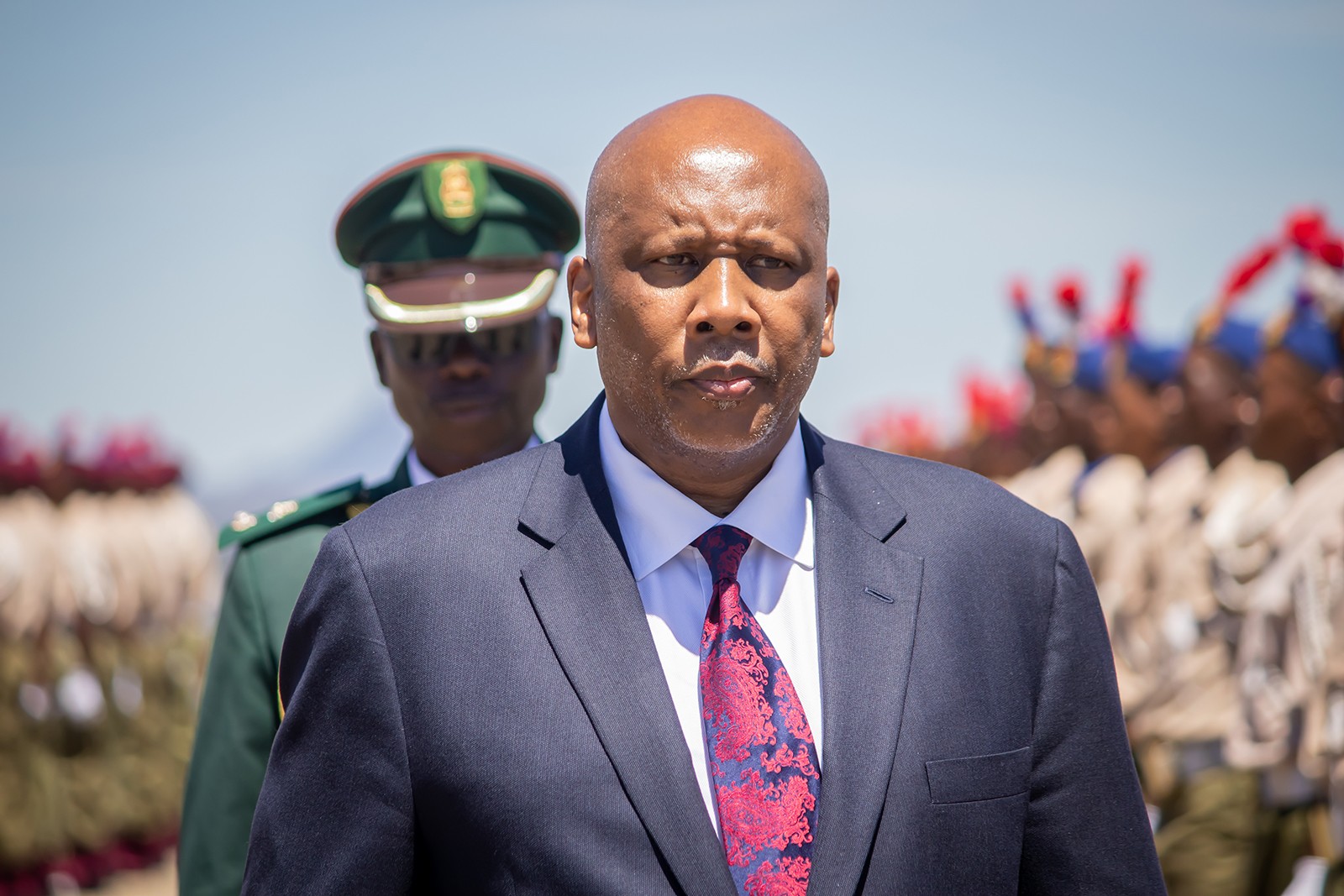
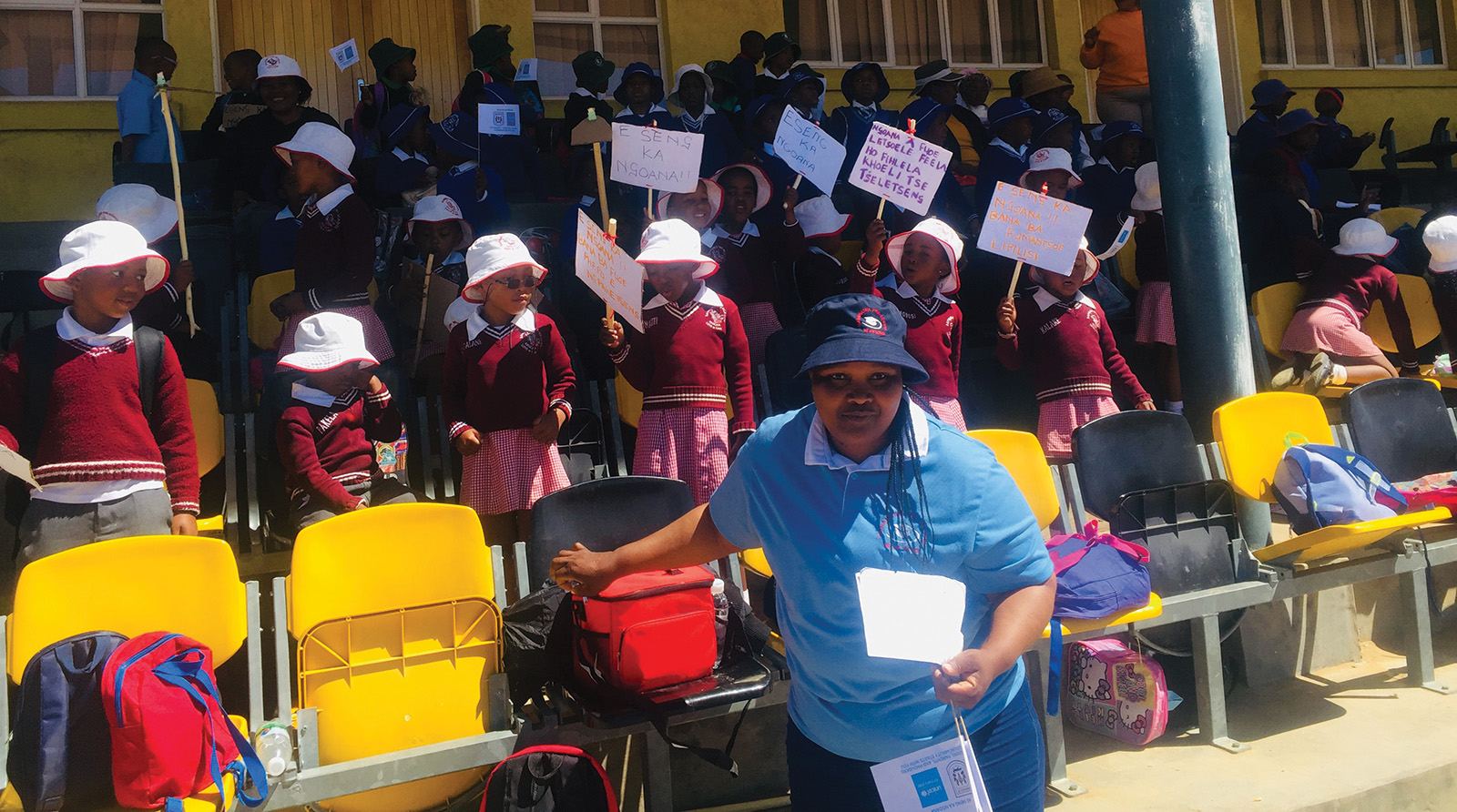
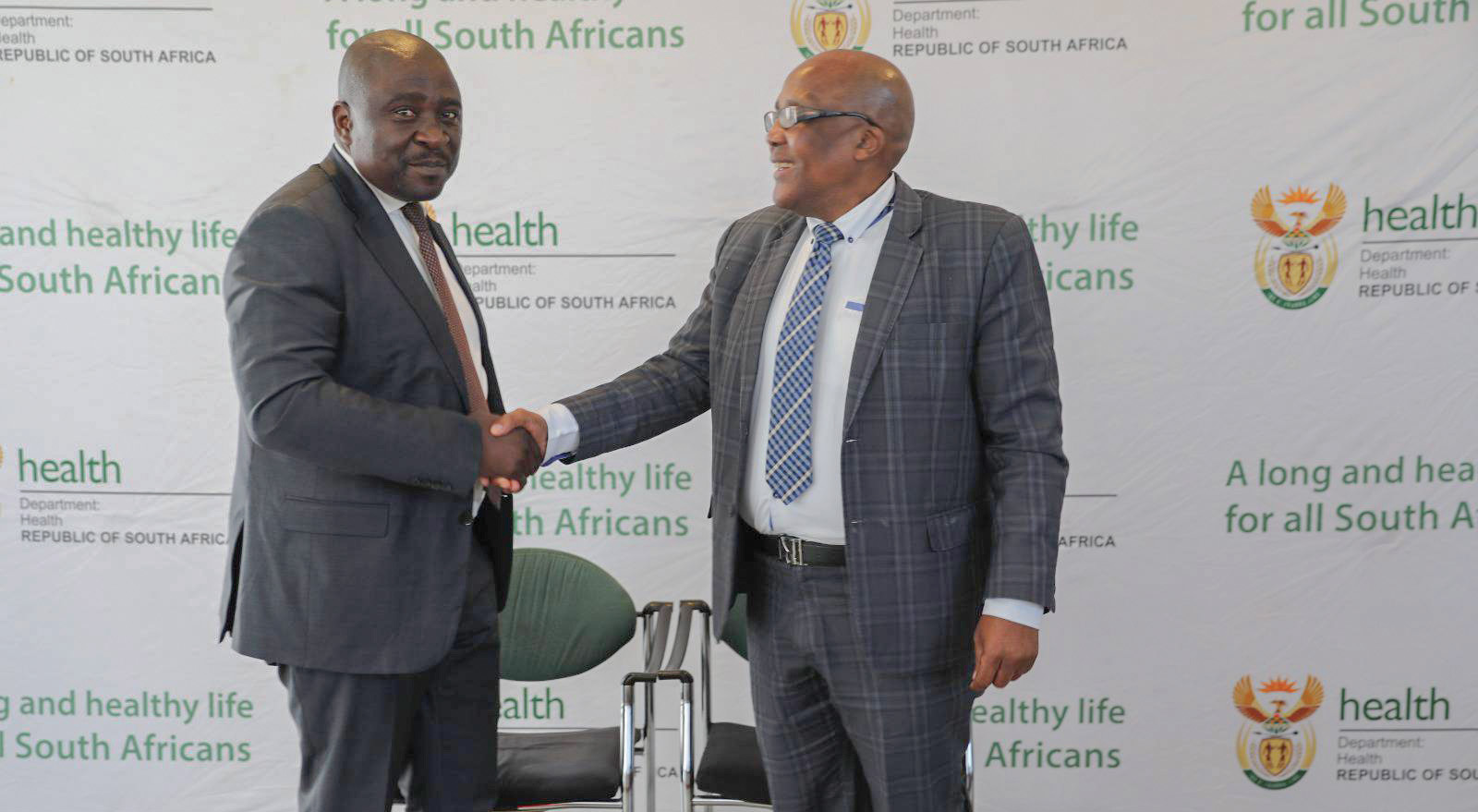
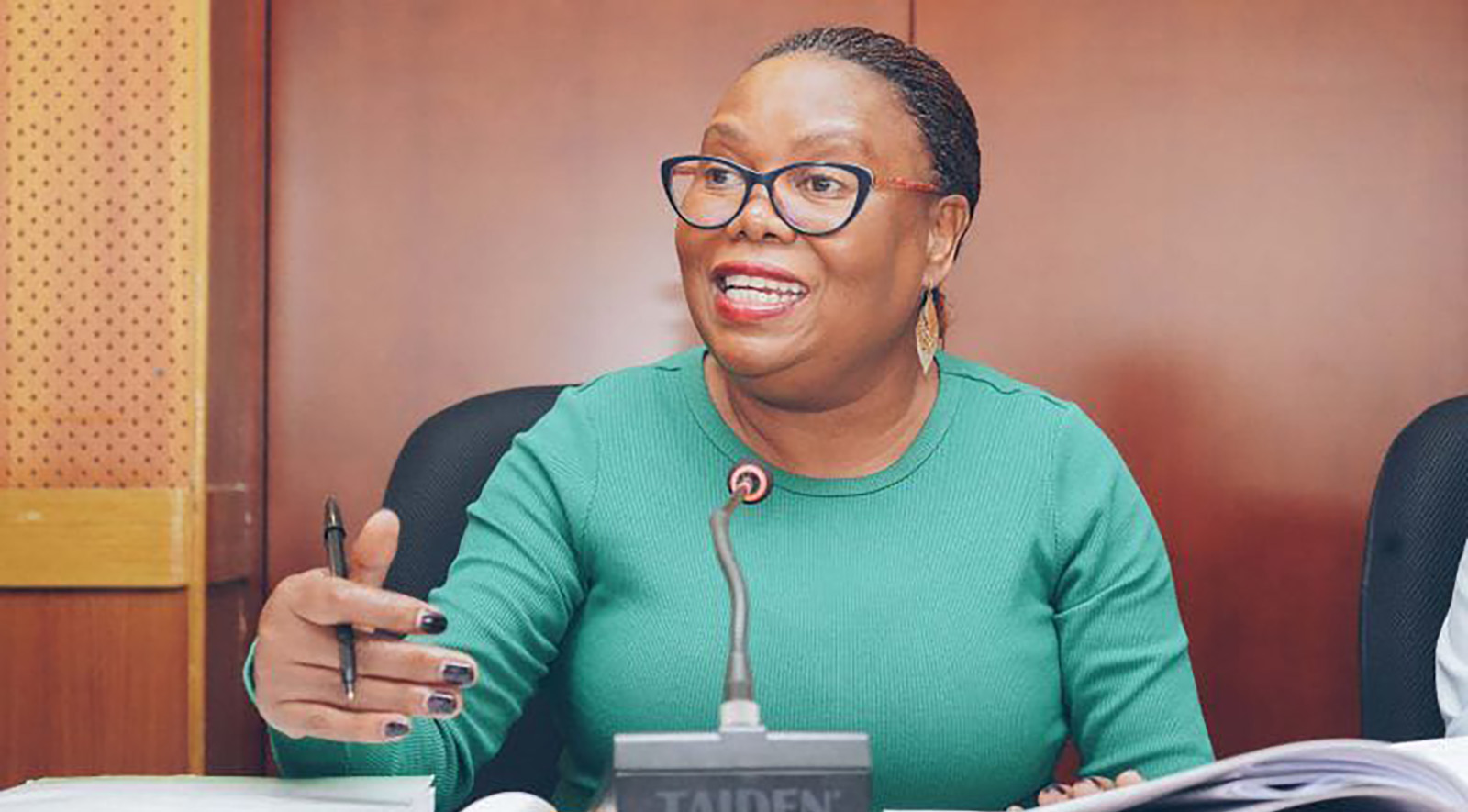
Lesotho to host SADCOPAC conference
8 days ago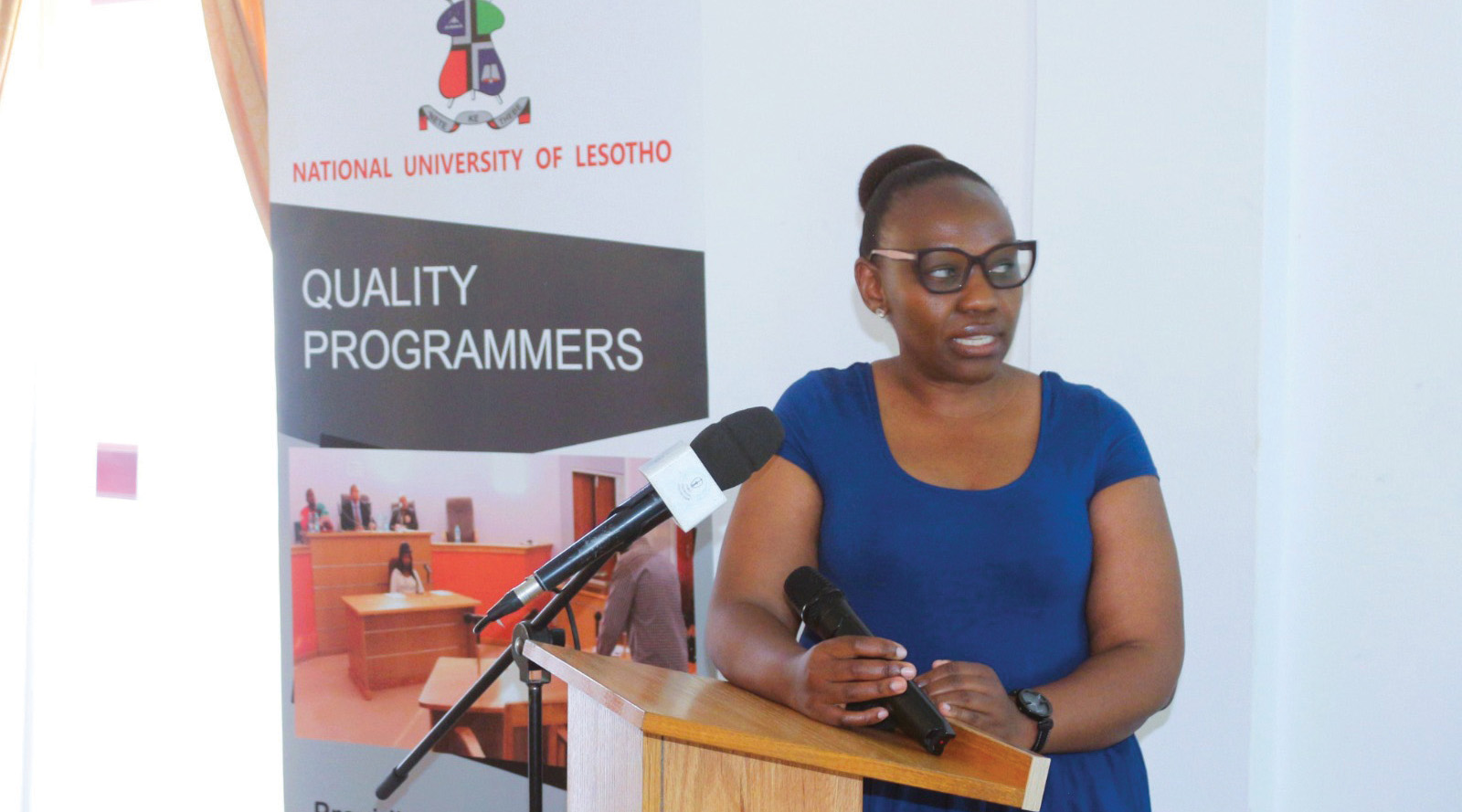
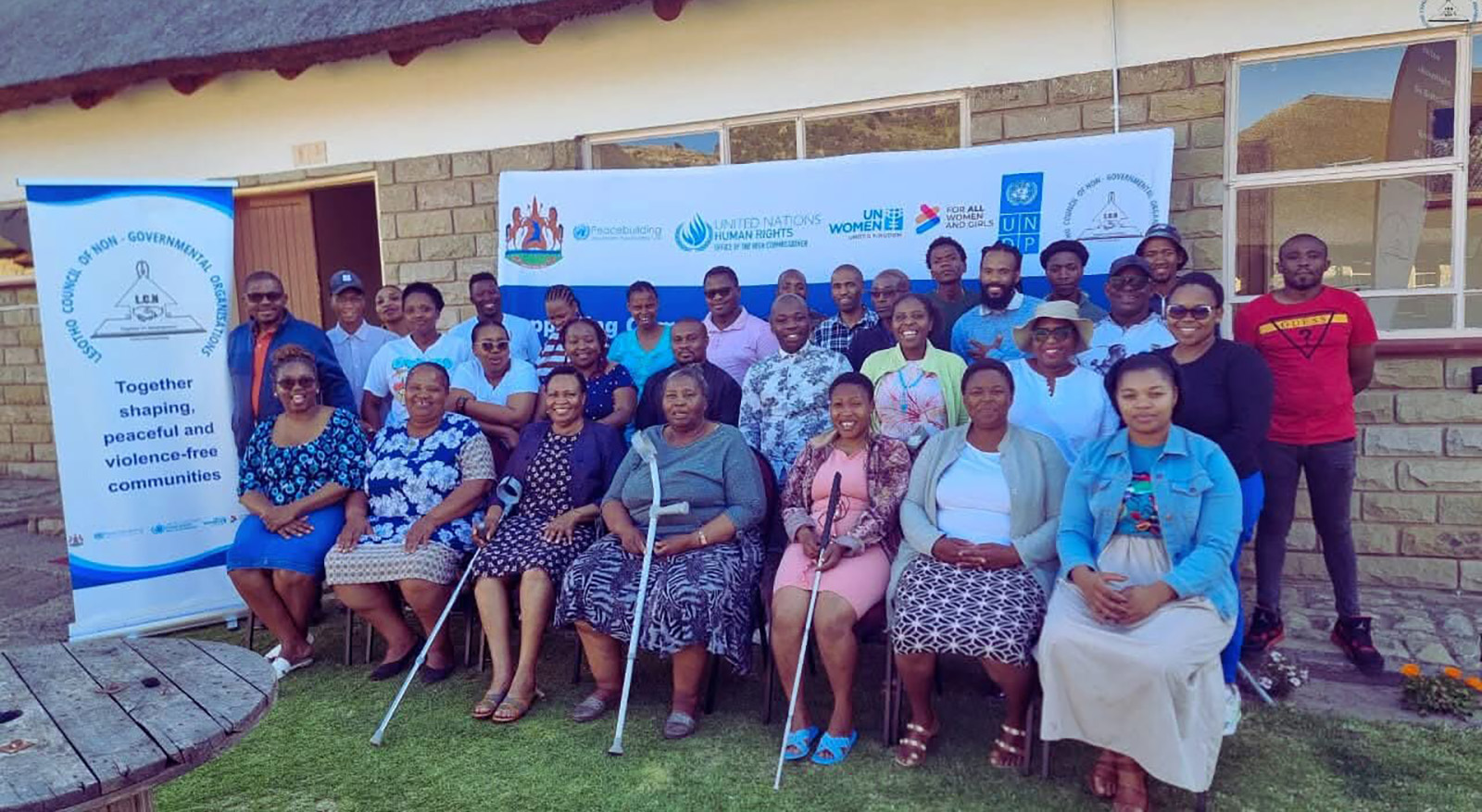
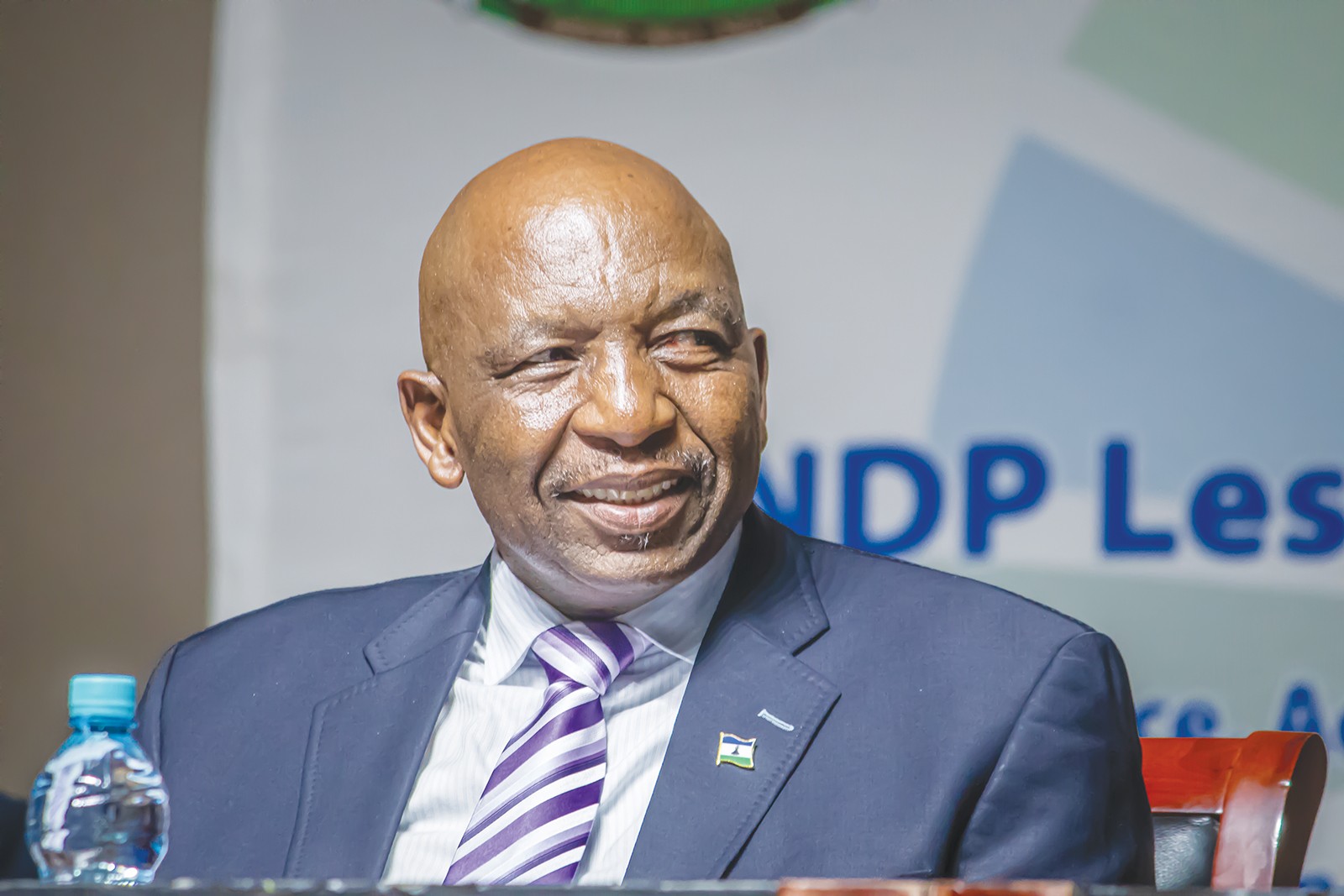
Matekane mourns former Kenyan PM Odinga
9 days ago
Man seeks justice after assault at Ha Tsosane
11 days ago
Union blasts govt as Kao Mine faces shutdown
11 days ago